Leave the mirror and change your face.
Leave the world alone and change your conceptions of yourself.
Neville
I like to ask couples with whom I work at the start of counseling what the point of their relationship is. It’s not that I like to see people squirm in their seats, it’s that I don’t experience many people with healthy understandings as to why they actually engage in relationship. After all, effectively relating to others is arguably one of the hardest things we do as humans.
Many people suggest they’re in it for the love, the support and the companionship. However, the really honest folks tend to admit that they get involved with someone in order to get their needs met. “Who else is going to take out the garbage?” Good question!
I believe this oftentimes “stealth” motive for why we engage in relationships is one of the key reasons that so many people seem unhappy with their significant other. Many of us know we’re not supposed to really expect anything from the other person, but it doesn’t take much to uncover the truth for people: why would I be partnered if I can’t expect my partner to give to me, do for me, be for me…?
Sorry, but I’m here to suggest that this is one of those things that will keep you unhappy forever unless you accept a significant paradigm shift. I believe we enter the landscape of relationship for all those fun, exciting reasons like love, companionship, dependable sex, etc., however the most compelling reason is that through relationship, I grow, evolve, and transform. It is about me changing as much as I like to fantasize about you changing.
If I step away from my projections as to how you could change (thereby creating a perfect world in which I can live) and direct my attention to the ways I would like to be in the world, the person I want to strive to be, then I have the potential to truly create a peaceful, supportive relationship. 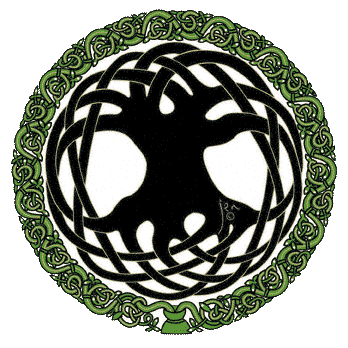
So, it’s Valentine’s Day. Many of us are used to being disappointed on these kinds of holidays. We tend to have expectations that we project onto our significant others and when their behaviors inevitably don’t match our fantasies, we hold them responsible. We blame them. We resent them. We criticize, scold and threaten. We even make up excuses like “it’s not a real holiday anyway…” As if any holiday is real.
Be Your Valentine? WHY?
And they’re absolutely right. What is fun about feeling like we failed once again at doing what you wanted? Why would I feel motivated to do it better or differently next time if my motivation is powered by shame, guilt or anger?
The solution? Focus on being the partner you think your partner should be instead of waiting for them to magically transform into your own best self.
Shall I repeat that?
Express your needs in terms of yourself, not your partner. It is not a given that your needs will be met by your partner and they are not bad or wrong for not successfully fulfilling your needs.
If you do get your needs met, it is a wonderful, amazing occurrence. Celebrate.
If your partner meets your needs as a result of a deep, organic longing to please you, as a gift rather than an obligation, then rejoice and nurture the experience of something sacred and wondrous occurring in your life. Receive the gift and nourish yourself. Take the sublime beekeeper, Ruben Shubot, for example…
Use your relationship to grow deeper into yourself, not to diminish your partner!


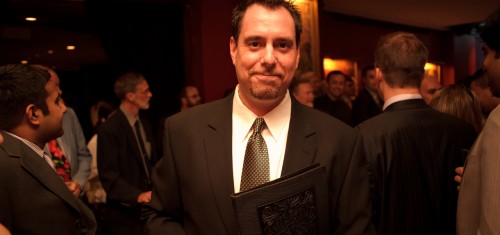

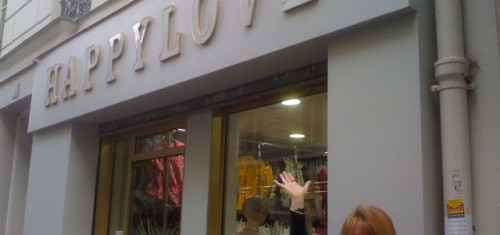


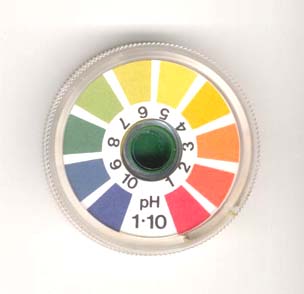 Next, what is the pH level of this relationship? This is a scale from 0 to 14. A pH of 0 is acidic and 14 is base (alkaline) with 7 being neutral. Typically, we want to create slightly alkaline relationships but sometimes the toxicity shifts slightly to both sides of neutral. If your relationship feels acidic, it is likely that it is burning a hole through your sense of peace, however if it is so extremely alkaline then you are probably missing a bit of life!
Next, what is the pH level of this relationship? This is a scale from 0 to 14. A pH of 0 is acidic and 14 is base (alkaline) with 7 being neutral. Typically, we want to create slightly alkaline relationships but sometimes the toxicity shifts slightly to both sides of neutral. If your relationship feels acidic, it is likely that it is burning a hole through your sense of peace, however if it is so extremely alkaline then you are probably missing a bit of life!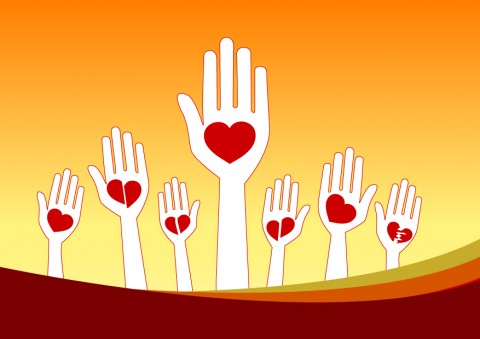 Finally, is this a nice relationship? Are we nice to one another? Do we wish the other person good things and support them in reaching their goals in life? Are we kind to ourselves in the relationship or do we beat ourselves up and feel worse after we meet? Do we feel compassion and love from the other person? If a relationship isn’t kind then it is destructive, simple as that. Either change your orientation within the relationship or purge it from your life!
Finally, is this a nice relationship? Are we nice to one another? Do we wish the other person good things and support them in reaching their goals in life? Are we kind to ourselves in the relationship or do we beat ourselves up and feel worse after we meet? Do we feel compassion and love from the other person? If a relationship isn’t kind then it is destructive, simple as that. Either change your orientation within the relationship or purge it from your life!
 Many couples observe “Date Night.” This is a wonderful routine that goes a long way for many folks. However, is a couple of hours a week enough to give to your relationship? I encourage couples to make time every day for at least some type of check-in. Typically, the time after the kids are down and the TV and laptops rule the living room is a perfect moment to pause everything else, look each other in the eyes and check in. Start with appreciation and then ask about their day. Ask if there is anything they need or that you can help them with. Remember, love is a verb. It is good will in action! We tend to rely on the “of course I love you” rather than the “how can I love you today…”
Many couples observe “Date Night.” This is a wonderful routine that goes a long way for many folks. However, is a couple of hours a week enough to give to your relationship? I encourage couples to make time every day for at least some type of check-in. Typically, the time after the kids are down and the TV and laptops rule the living room is a perfect moment to pause everything else, look each other in the eyes and check in. Start with appreciation and then ask about their day. Ask if there is anything they need or that you can help them with. Remember, love is a verb. It is good will in action! We tend to rely on the “of course I love you” rather than the “how can I love you today…” They will also get parents who are nurtured and patient with each other and therefore more present and loving about their needs. Kids need to see their parents being loving with each other and communicating in a healthy way, otherwise both generations end up on my couch!
They will also get parents who are nurtured and patient with each other and therefore more present and loving about their needs. Kids need to see their parents being loving with each other and communicating in a healthy way, otherwise both generations end up on my couch!

 Jeffrey Sumber is changing the world, one relationship at a time. For over two decades, Jeffrey has worked to understand the human experience from as many angles as possible. As a successful psychotherapist, marriage counselor, and life coach, Jeffrey has worked with thousands of clients who strive to live their best lives.
Jeffrey Sumber is changing the world, one relationship at a time. For over two decades, Jeffrey has worked to understand the human experience from as many angles as possible. As a successful psychotherapist, marriage counselor, and life coach, Jeffrey has worked with thousands of clients who strive to live their best lives.